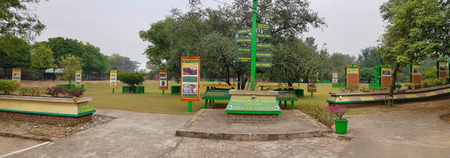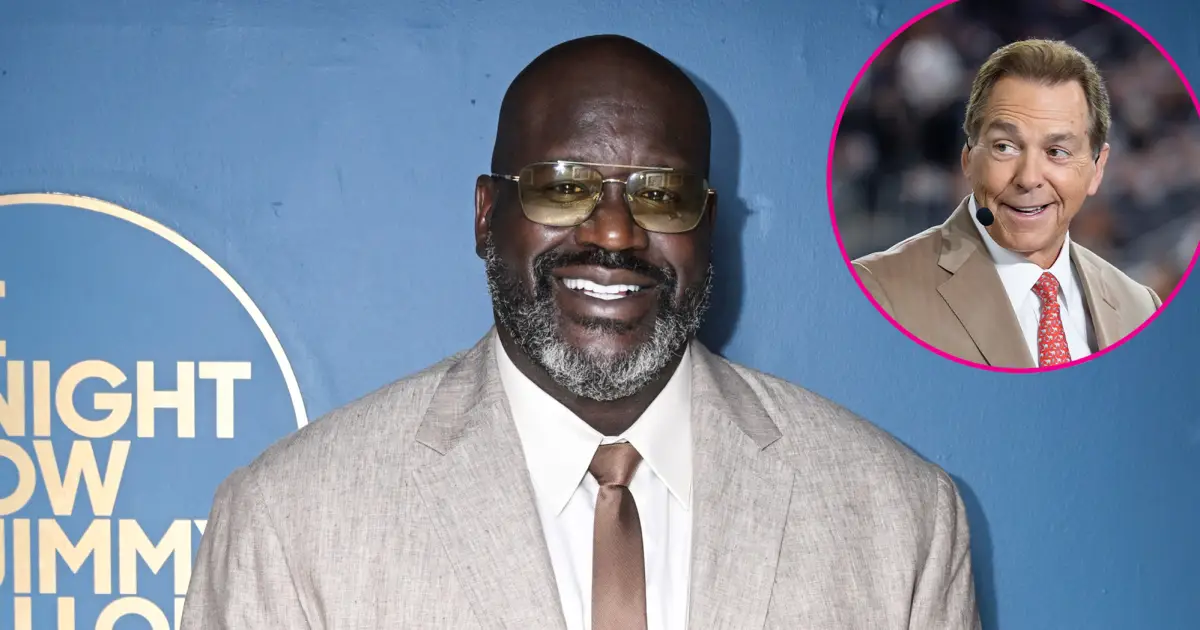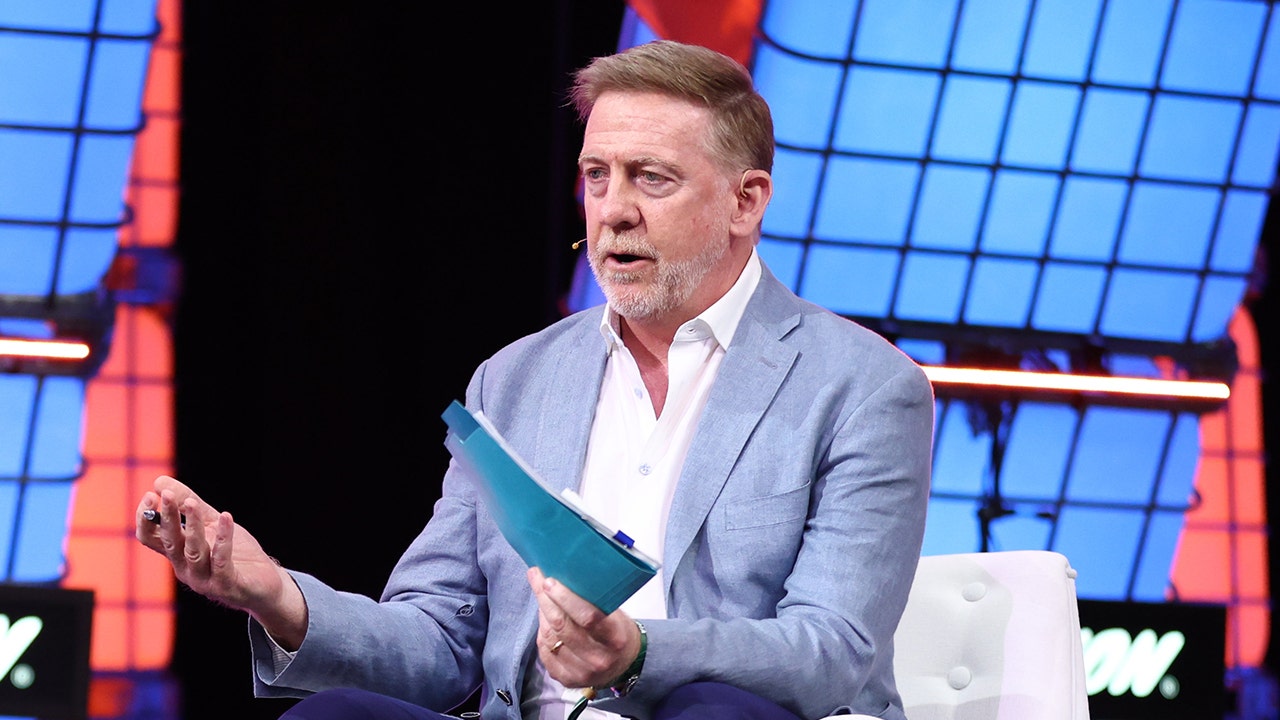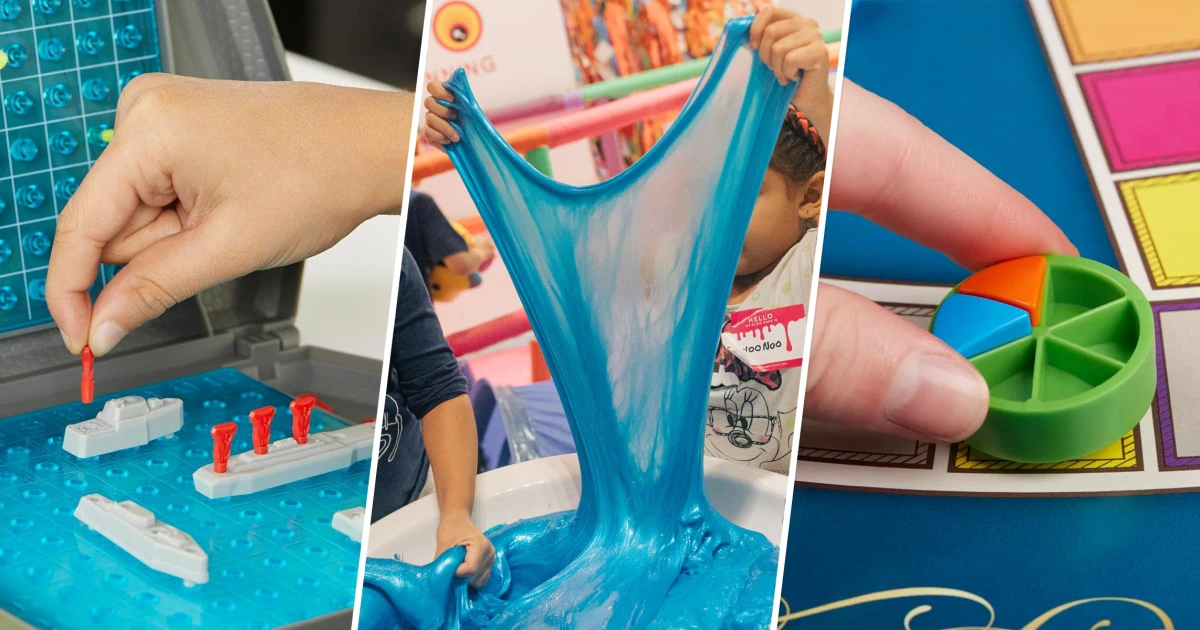Copyright internewscast
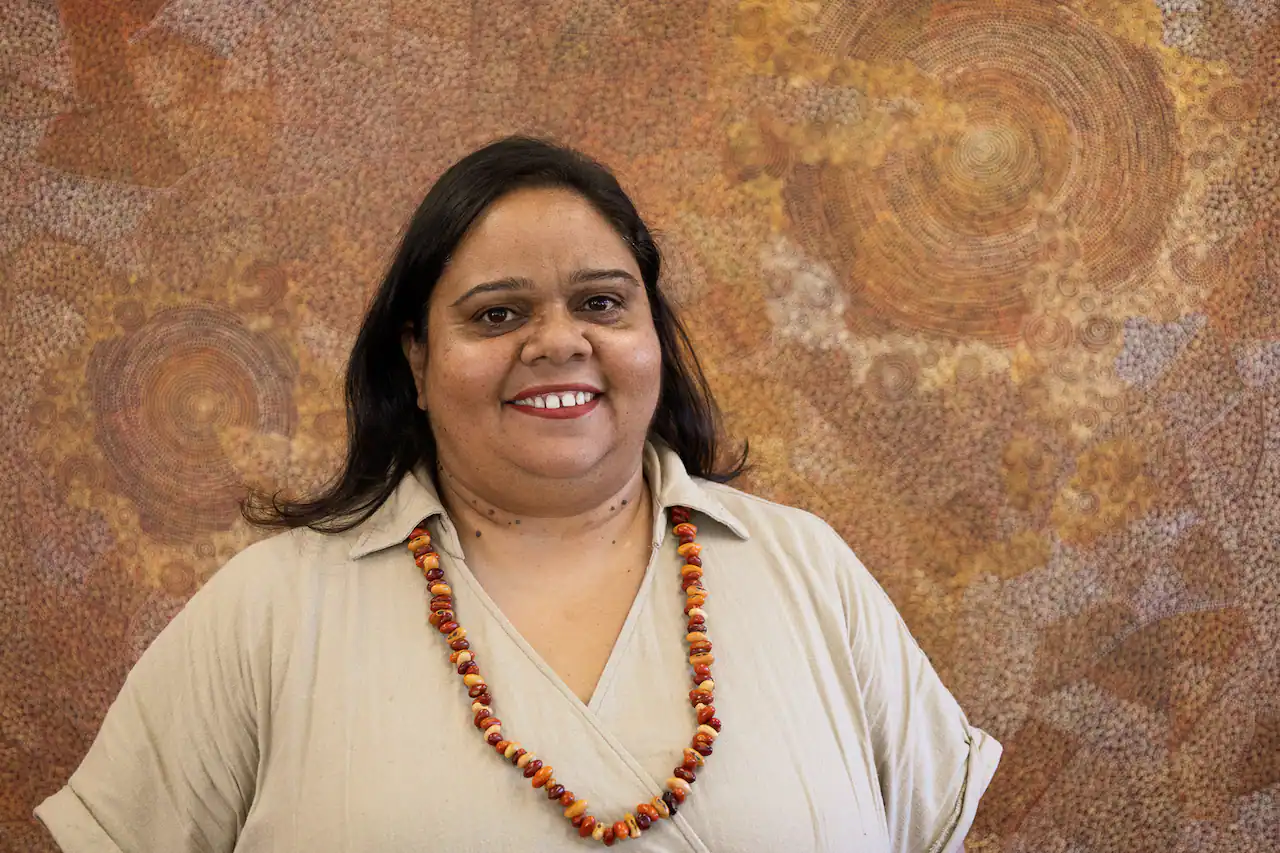
She is eager to spotlight the effects of climate change on desert ecosystems and communities to a global audience. “Those impacts … include it being hotter out in the desert, increased environmental natural disasters like out of control bushfires … flooding, the impact on remote communities,” she said. “It’s hard living and working in desert remote communities, with infrastructure issues … those are the realities of people in remote communities and the desert. Despite those hardships, Ms Murray knows firsthand that many in those communities have no plans to give up on their homes, instead focusing on solutions. “A lot of my mob will never leave those communities. I know for a fact that, my uncle and my family back in Cosmo, they’re not going to ever leave Cosmo. “It’s our Country, that’s their home. There are already many positives to share, she says. “Aboriginal people who visit their Country regularly or live there … see the changes caused by climate change,” she said. “But that doesn’t mean we ever stop caring. We can care for Country, we can heal country. “It’s been proven in places where Aboriginal people are given space to care for bits of Country, it heals from that care. “While there is worry and the doom and gloom about the environment and climate change, I want to also highlight the positive – the passion that Aboriginal people have for caring for the environment and knowing that we can heal – we need support in doing that.” Ms Murray said there is a limited number of delegates that attend who have lived experience of living in a remote community or town in a desert region. She feels a deep sense of responsibility to advocate for desert communities. “What drives me is always making sure that deserts are on the map. Making people realise that there’s a whole part of Australia, one third of the country, that is considered desert Country and that there are people out there, working and caring for it,” she said. Rangers use traditional knowledge to burn areas of Country in the Kiwirrkurra IPA. Credit: Salty Davenport The conference will begin on November 10 and run for 11 days. While it’s Ms Murray’s priority to advocate for her mob, she’s looking forward to meeting and learning from other First Nations brothers and sisters from around the world. “You find similarities, caring for Country, culture and community – it’s the same. They’re trying to elevate and advocate for their mob too … we just connect and it’s a really beautiful thing,” she said.
